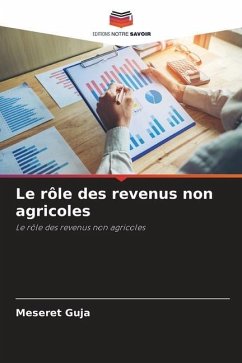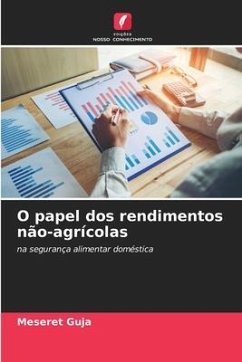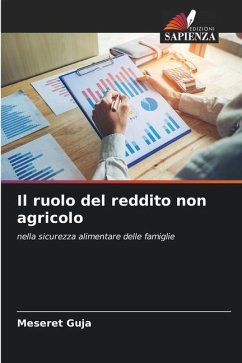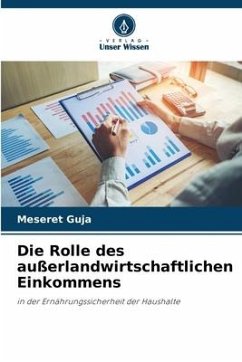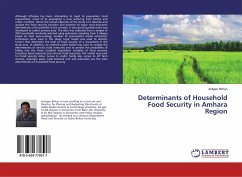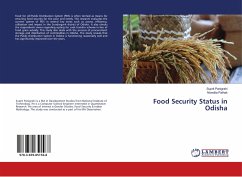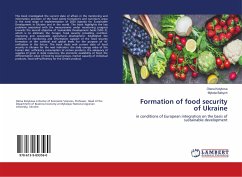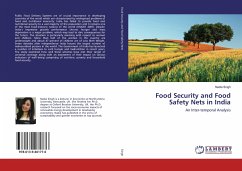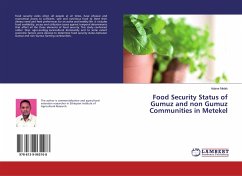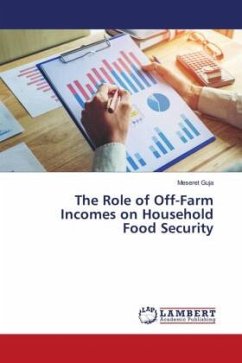
The Role of Off-Farm Incomes on Household Food Security
Versandkostenfrei!
Versandfertig in 6-10 Tagen
40,99 €
inkl. MwSt.

PAYBACK Punkte
20 °P sammeln!
The objectives of the study were to assess participation status of households on off-farm activities, to measure household food security status in the study area, to identify major off-farm activities in the study area and determinants of participation on off-farm activities. The off-farm activities being practiced were daily labor, petty trades, sale of charcoal and fire woods, renting donkey, and micro enterprises. Though respondent households were participated either one or more off-farm activities, the majorities were found to be participated on various daily labor activities. At the same ...
The objectives of the study were to assess participation status of households on off-farm activities, to measure household food security status in the study area, to identify major off-farm activities in the study area and determinants of participation on off-farm activities. The off-farm activities being practiced were daily labor, petty trades, sale of charcoal and fire woods, renting donkey, and micro enterprises. Though respondent households were participated either one or more off-farm activities, the majorities were found to be participated on various daily labor activities. At the same time, generally indicated that more number of households was found to be participant. Though the result indicated that nearly equal numbers of households fall under food secured and food insecure categories, more number of participant households were found to be food secure than non-participant. Among the identified off-farm activities, incomes from daily labor, petty trade, sale of charcoal, and donkey renting were strongly favoring the households' food security status. On the contrary, micro enterprise and sale of fire wood had no any significant influence on household food security status.



